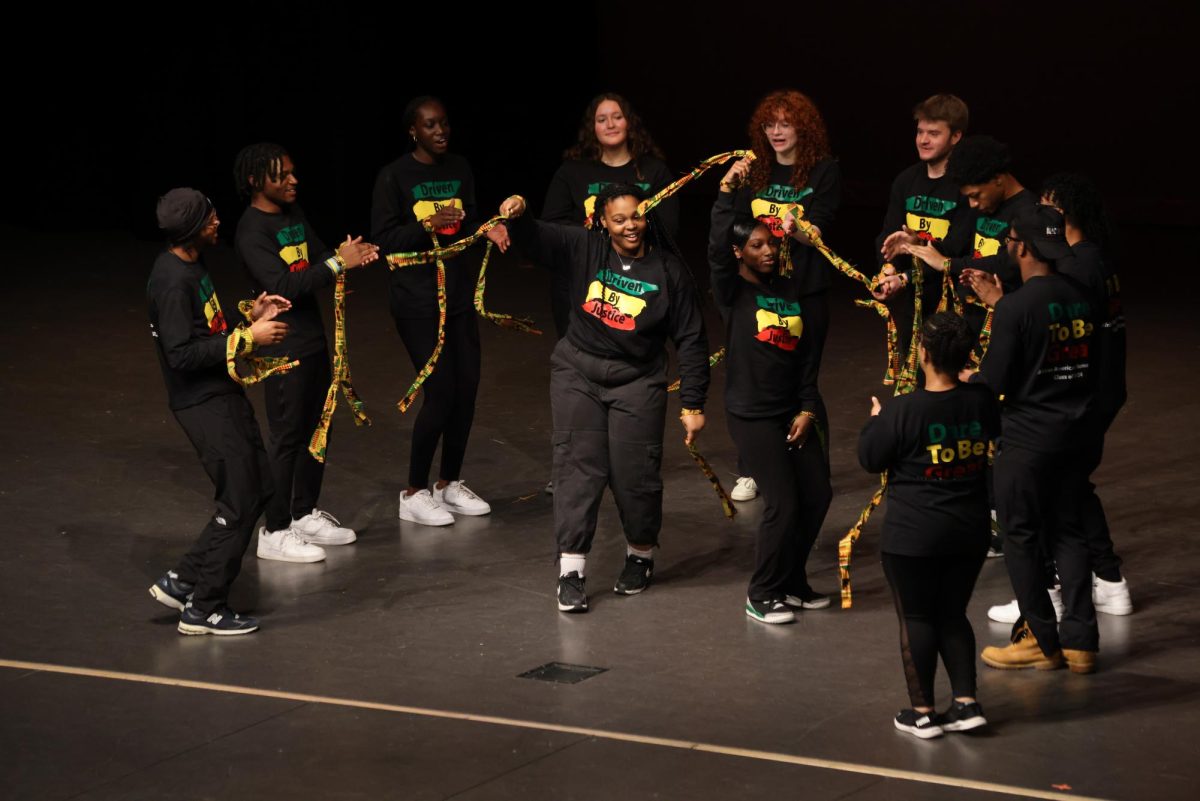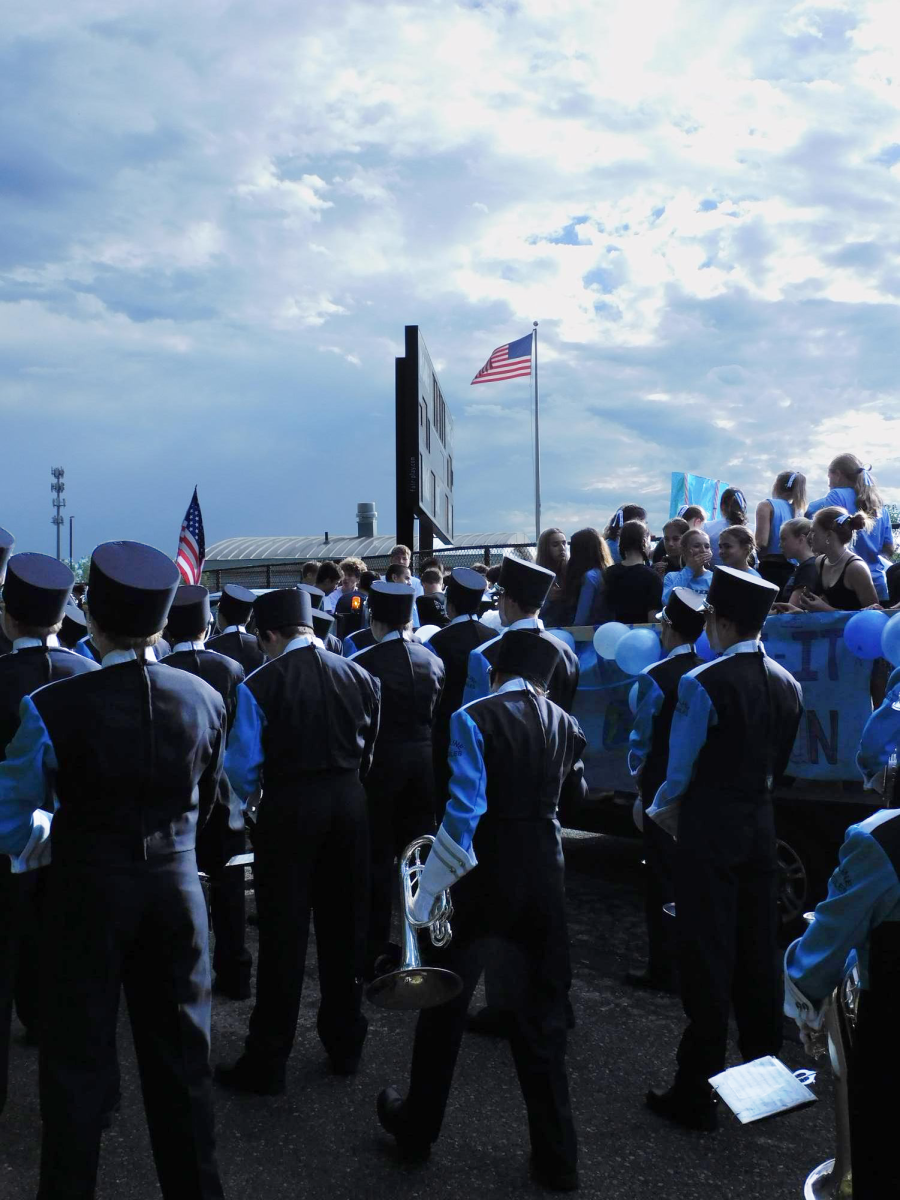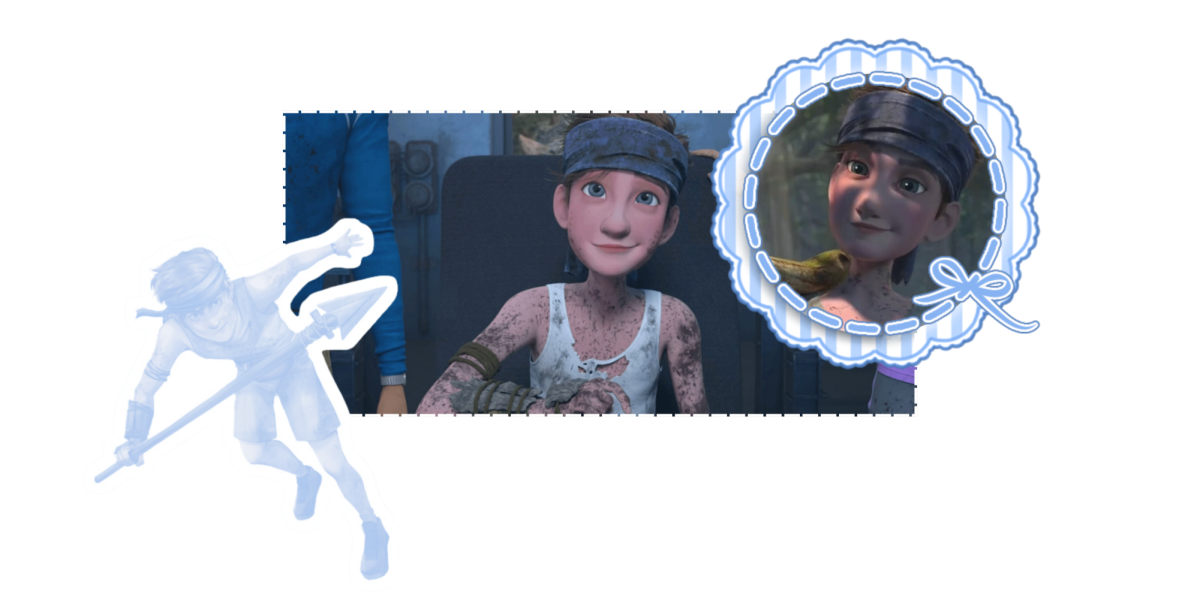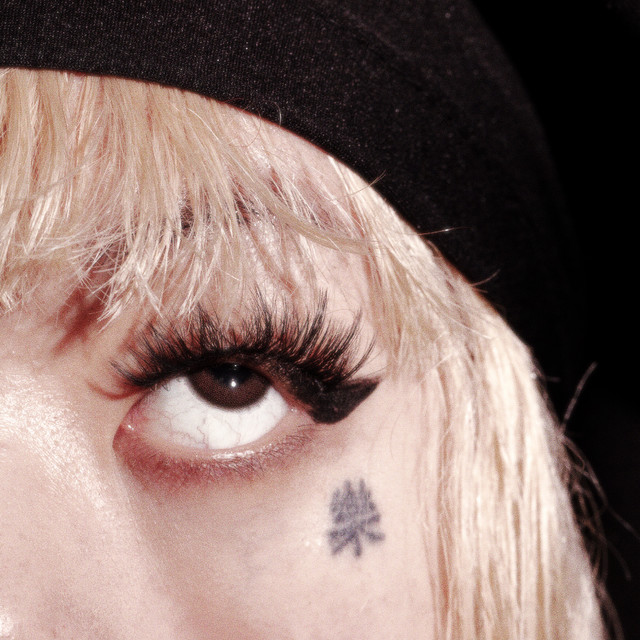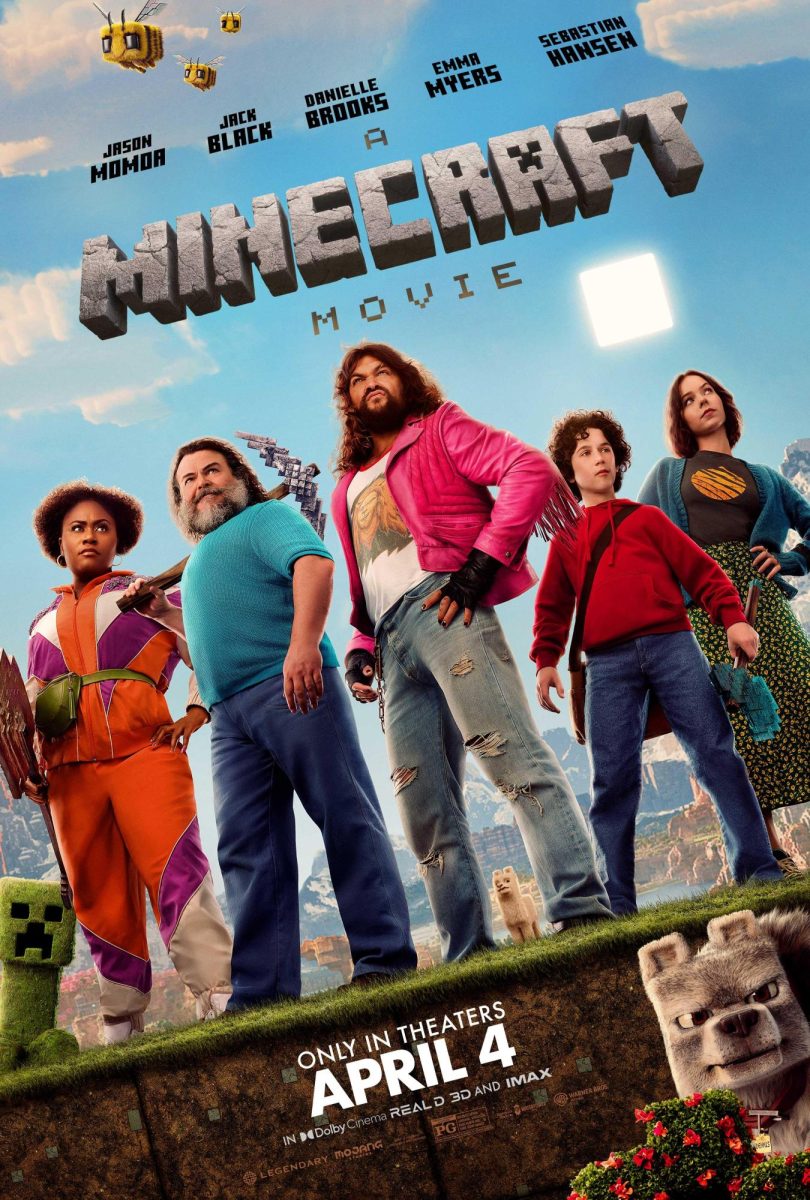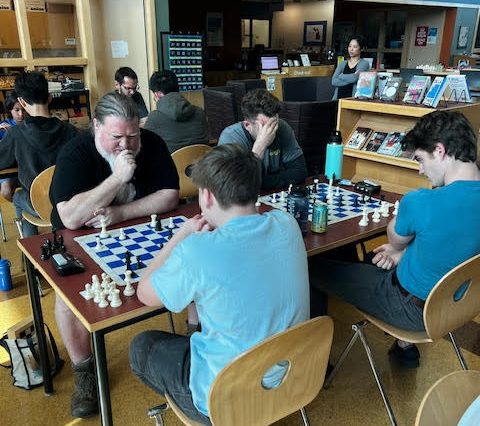Are you a junior looking for a class that dives deeper into history? Want a fun and engaging course that prepares you for a college setting? You should take African American Humanities (AAH).
AAH was founded by history teacher Kay Wade over 30 years ago. It’s two trimesters and takes place the first two class hours. The accelerated course (AC) earns students a credit for English and History. Students get to learn topics including Africa before enslavement to the present day, The Harlem Renaissance, music and dance throughout history, protest movements, and healthcare.
Jade Flores (‘24) says, “Although it’s not AP, it’s taught like we’re college students and it’s a lot more compact in the things that we do. The time in class is reserved mostly for discussions and reading.”
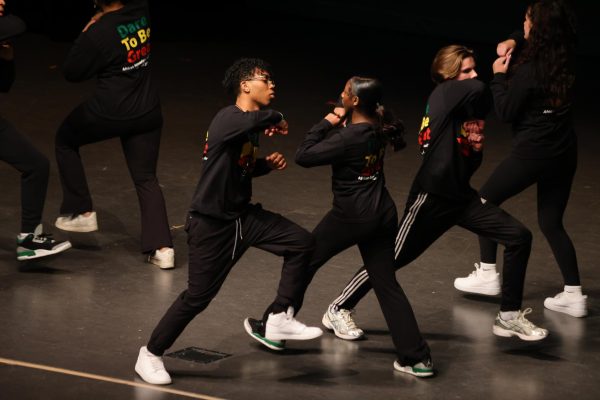
This class is open to any open-minded seniors. Students learn specific skills throughout the course such as speaking, collaboration and critical thinking. Teachers and students work collaboratively to choose relevant assignments and the format to showcase their learnings in an annual school-wide performance at the end of second trimester. Many of those assignments are used to understand the history of African Americans, while others are used to show off students’ creativity. As part of the class final, students do a performance with required participation, whether that be onstage or backstage.
“AAH is a perfect blend of arts, literature, history, {and} music,” English teacher Tonya Whitehorn says. “We spend so much time looking at these things through the concept of race that the students come out with a better understanding of the history of a people.”
Many students may take the class just for their favorite teachers or to participate in the yearly performance. This year the performances included a Banned Book Club, a Senegalese Tribal Dance, good and bad representation of African Americans in media, and much more.
Throughout the class, though, students learn that the class is deeper than what they expected when they first came in. You learn the history–the good, the bad and the ugly. Some of this may be taught through books like Homegoing by Yaa Gyasi or online lectures like Post Traumatic Slave Disorder by Dr. Joy DeGruy.
During my time in the class I was able to expand my knowledge of African American history. When people think of African American history they think of slavery, when there is much more than that: how every time we were pushed down we found a new way to come back up. For example, in music, when enslaved African Americans had their instruments taken away, they used their bodies to make sound. I learned that Black bodies are always being used, for labor in the prison system or in athletics for our entertainment, because we are seen as not able to be taught.
In many school curriculums, students might only get to see one side of history. But every student should be able to have a curriculum that teaches the full and true story. With the correct information, students can empower themselves.
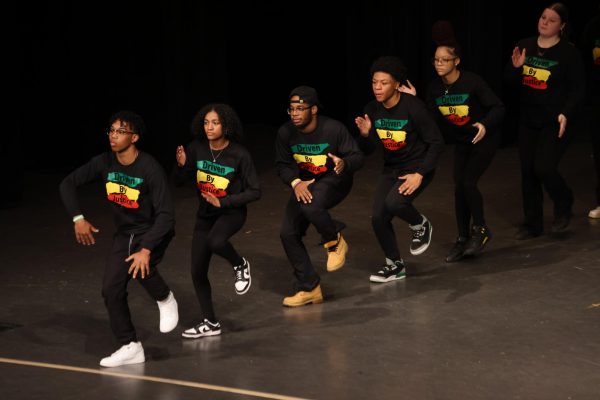
“It’s very important to have different viewpoints,” Donovan Green (‘24), a former AAH student, says. “If African American children aren’t given the correct and full viewpoint, how can they really give [information] accurate? Giving African American students their correct history of their people and their full history helps me expand my contributions to important conversations.”
Those outside of the class see what the students learned through the performance or even by having a conversation. They become engulfed in their learning with a drive to learn more, to find the sides of history untold. With this deeper knowledge it takes students on a journey of self discovery.
“The history is interesting and engaging, and it shows you how to have to think outside of the box to get the rights you deserve,” History teacher Kathy MacKercher, says. “I think that students will connect with the history, I think they’ll enjoy it…and [I] hope they find themselves in it or see a connection with their ancestors.”
AAH students acquire knowledge that changes them forever, forcing them to think critically. “[This class] teaches you something that’s not just useful in school but life as well. It’s an experience that you will keep throughout your whole life,” says Aïssatou Seck (‘24), who represented Elaine Brown in the 2024 AAH performance.
Note: Simone Chin is a former student of the African American Humanities 2023-2024 class.

